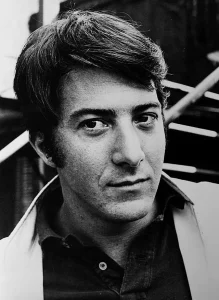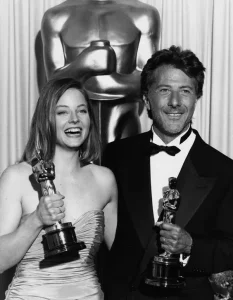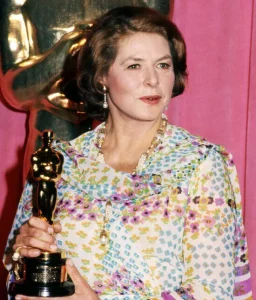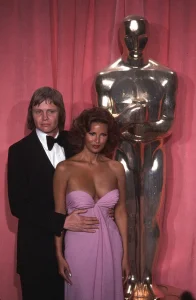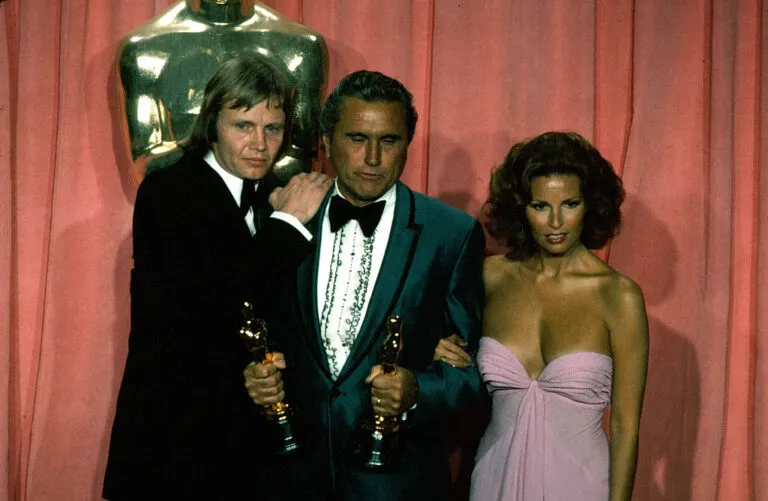The 1975 Academy Awards ceremony wasn’t just another night of golden statues and glittering gowns—it was a cultural lightning rod. Held at a time when America was deeply divided over the Vietnam War and social change, the 47th Oscars became a stage where Hollywood’s glamour clashed with its growing political consciousness.
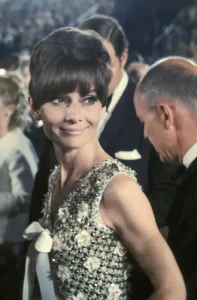
Dustin Hoffman, nominated for his raw portrayal of comedian Lenny Bruce, set the tone early. Never one to mince words, Hoffman openly criticized the ceremony as “grotesque,” distancing himself from the very industry celebrating him. Host Frank Sinatra, struggling through a visibly off-night, tried to lighten the mood with a jab at Hoffman—only to be met with silence from an audience that seemed to side with the actor’s disdain.
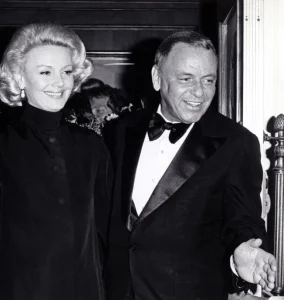
But the most explosive moment came when documentary winner Bert Schneider read a telegram from a Viet Cong official, thanking American anti-war activists. The backlash was immediate, with conservative icon Bob Hope demanding an on-air disclaimer—prompting Warren Beatty to fire back with a now-legendary quip: “Thank you, Frank, you old Republican.”
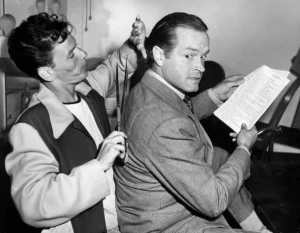
Amid the tension, Ingrid Bergman’s emotional win for Murder on the Orient Express offered redemption—both for the actress, once exiled by Hollywood, and for an industry reckoning with its past. Meanwhile, a seemingly innocent photo of presenters Jon Voight and Raquel Welch has since sparked modern debates about changing social norms.
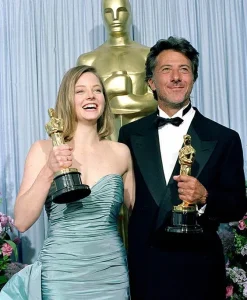
The 1975 Oscars didn’t just honor films—they captured a Hollywood, and an America, in turbulent transition.
